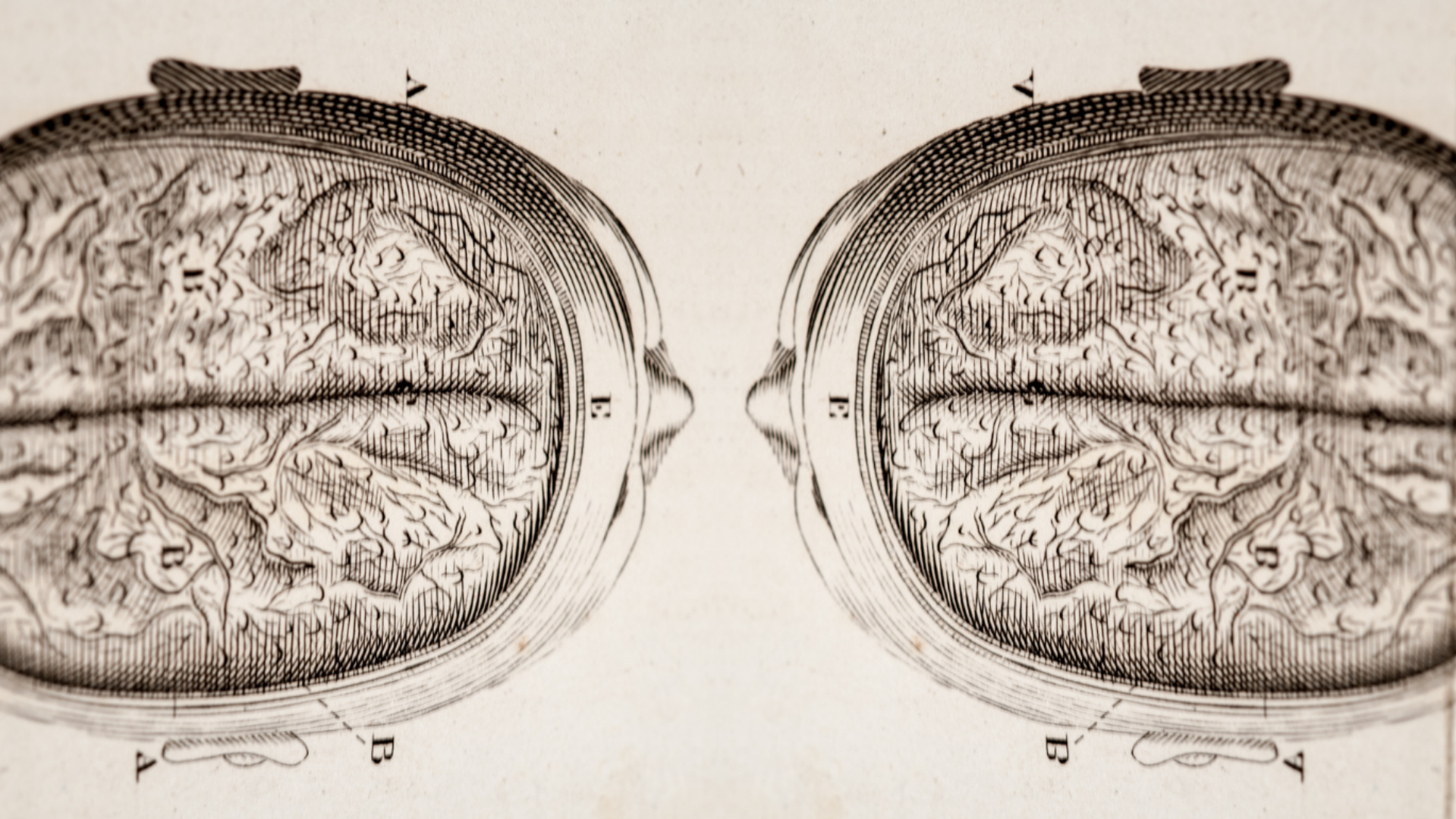Relationships often thrust us into a situation where we have two different people, with two different sets of needs and expectations, attempting to function as a single entity

Conflict often arises when we have different needs, priorities, or expectations regarding:
- Our roles within the relationship
- Our roles and relative contributions with regard to household responsibilities
- How to communicate affection and love
- How much time should be spent together as a couple as opposed to pursuing individual goals and interests
- How to approach problem-solving, organisation, time-management and/or parenting
- What role a relationship should play in terms of meeting our various needs
When there are unresolved differences in needs, priorities or expectations, a range of issues can arise:
- One partner may complain about being 'nagged', where the other complains about having to 'nag' all the time
- One partner may feel they can't do anything right, and nothing they do is appreciated, while the other feels as though nothing is changing and they have to keep raising the same issues over and over
- We begin to see placating or avoidance, as one partner verbally agrees to things to escape uncomfortable conversations. However, they don't change their behaviour, because they don't genuinely agree
- We try to 'pick our battles', but it's tough because the behaviour and choices of one partner often affect the other so directly
- We may feel as though we are no longer able to express who we are an individuals, outside of the relationship
- It becomes a constant struggle to convince one another that our approach is the 'right' approach
I'm here to help you find a solution you're both genuinely happy with.
Finding sustainable solutions.
For a solution to work in the long-term, it needs to:
- Genuinely meet the needs of both partners
- Be something you can both stick to
- Be collaborative; partners arrive at the solution together, as a team, as opposed to the solution being forced upon you
This means we need to work together within sessions to develop:
- A clear understanding of our own values, needs, expectations and priorities
- An open and genuine understanding of our partners needs, preferences, and priorities
- The ability to communicate our own needs in a way that will make it easier for our partner to listen
- Productive communication skills which allow us to genuinely listen to and understand our partner's perspective more clearly
- An acceptance that there will always be trade-offs
- A clear understanding of our non-negotiables (as well as where we're willing to be more flexible)
- An acceptance that our partner is their own person, with their own needs and preferences (conflict will continue to arise if these remain unmet)
Sometimes this can all feel overwhelming and insurmountable. "What if we can't find a way to meet in the middle?" "What if they won't listen?". "What if we're just too different?". It can feel anxiety-provoking and overwhelming, but with the right support, you can absolutely move past these blocks and get back to the same team.
How can counselling help?
- By providing a non-bias, non-judgemental space where you can discuss these ongoing issues productively, without being side-tracked by arguments
- By helping you to identify communication patterns preventing you from discussing things productively
- By providing non-judgemental support for both partners, and ensuring both of you are able to contribute equally to discussions
- Helping you to understand where your own, and your partner's needs come from, and why certain things are so important to each of you
- Providing you with effective strategies for communicating needs
- Helping you to generate and evaluate potential strategies for improving the relationship
- Guiding you through the discussion and negotiation processes
- Helping you to evaluate the viability of solutions in the context of both sets of needs
- Much much more
Early benefits of counselling:
Whilst it's unrealistic to think we can solve all of our issues in just a couple of sessions, couples often report the following benefits even early on:
- A sense of empowerment in taking the first step: we may not have solutions to every problem yet, but we've taken back control of the situation through taking action
- A sense of reassurance: engaging in counselling together demonstrates commitment to the relationship and a willingness to put in the effort
- A sense that we are back on the same team: there may be a lot we disagree on, but we agree the current approach isn't working for either of us, and we need to do something about it
- A decrease in pressure and anxiety: often we put off thinking about or discussing these issues because it's really stressful and we honestly don't know where to start. However, avoiding these issues just pushes the stress into the background. It's always there, and it keeps building. Taking the first step toward change can be scary, but it can also provide a sense of relief and control

